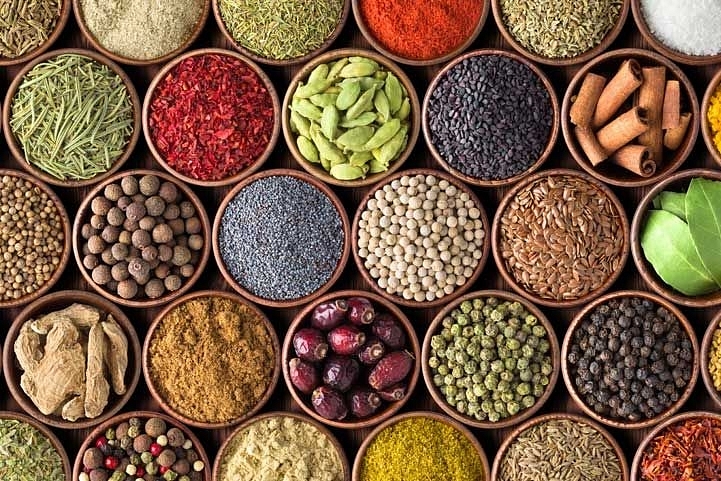News Brief
Here’s Why Centre’s Move To Set Up Regional Repositories For Raw Drugs Used In Traditional Medicines Is Significant
- With the government making it mandatory for all traditional medicine manufacturing units to adhere to notified standards, availability of raw material becomes critical as over 90 per cent of the formulations are plant-based.
- It is here that the repositories become important.

Ayurveda medicine. (Art of Living)
With a global resurgence of traditional and alternative healthcare systems, the Narendra Modi government has decided to collect, document, and authenticate raw drugs collected from different sources and agro-climatic regions in southern India.
As part of this, a regional raw drug repository (RRDR) for Ayurvedic, Siddha, Unani and Homoeopathy (ASUH) medicines (southern plateau region) was inaugurated at National Institute of Siddha through a virtual event by Union Minister of State for AYUSH and Defence Shripad Naik yesterday (13 October).
ASUH medicines date back to over 3,000 years and are being accepted even today. These systems of medicines are accessible to the people even today, particularly those in remote and interior areas.
Benefits of these traditional medical systems have come to the fore particularly during the current coronavirus (Covid-19) pandemic in the country. In Tamil Nadu, Siddha medicine has been found to be effective in treating Covid-19 patients.
The Madras High Court had observed in August this year that vested interests are acting against traditional medicine systems such as Siddha and called for details of funds allocated by the Centre for the development of Siddha.
Last month, the Madras High Court directed the Centre to popularise “Kabasura kudineer”, a herbal concoction of dry ingredients of pepper, cloves, pepper, ajwain and other such herbs.
The concoction is being supplied by Tamil Nadu government in particular to tackle the spread of coronavirus in the state.
In this background, the setting up of RRDR gains significance as it will play an important role in the cultivation of medicinal plants.
It is for this purpose that the Ministry of AYUSH has begun establishing the National Raw Drug Repository and RRDRs through the National Medicinal Plants Board (NMPB).
The National Institute of Siddha has been identified as the lead institute for this project by NMPB along with Chennai-based Regional Research Institute of Unani Medicine and Siddha Central Research Institute as the collaborating institutes.
The RRDR will now collect, document and authenticate raw drugs that will be sourced from the southern plateau agro-climatic region.
A Press Information Bureau release said that medicinal plants now form a major resource base of Indian indigenous healthcare traditions and their relevance has grown substantially in the current pandemic scenario, thanks to their disease-preventive properties.
In these circumstances, quality medicinal plants should be available without any interruption for preparing the materials, the release said, pointing out at the significance to set up RRDRs.
The move will also encourage research on medicines under the traditional system, which will be supported by a robust infrastructure of hospitals, dispensaries, pharmacies and manufacturing units.
Currently, about 9,000 units manufacture Ayurveda, Siddha, Unani and Homoeopathy medicines but their quality depends on the availability of the raw material.
With the government making it mandatory for all manufacturing units to adhere to the good manufacturing practices notified under Schedule T of the Drugs and Cosmetics Act 1940, availability of raw material becomes critical as over 90 per cent of the formulations are plant-based.
RRDRs will not only act as collection centres of raw drugs in the southern region but also as an accredited reference library for authentication of raw drugs and for establishing standard protocols and keys for authentication of raw drugs used in the herbal industries.
The latest initiative will provide further impetus to the traditional medicine systems in the Indian healthcare system.
Introducing ElectionsHQ + 50 Ground Reports Project
The 2024 elections might seem easy to guess, but there are some important questions that shouldn't be missed.
Do freebies still sway voters? Do people prioritise infrastructure when voting? How will Punjab vote?
The answers to these questions provide great insights into where we, as a country, are headed in the years to come.
Swarajya is starting a project with an aim to do 50 solid ground stories and a smart commentary service on WhatsApp, a one-of-a-kind. We'd love your support during this election season.
Click below to contribute.
Latest